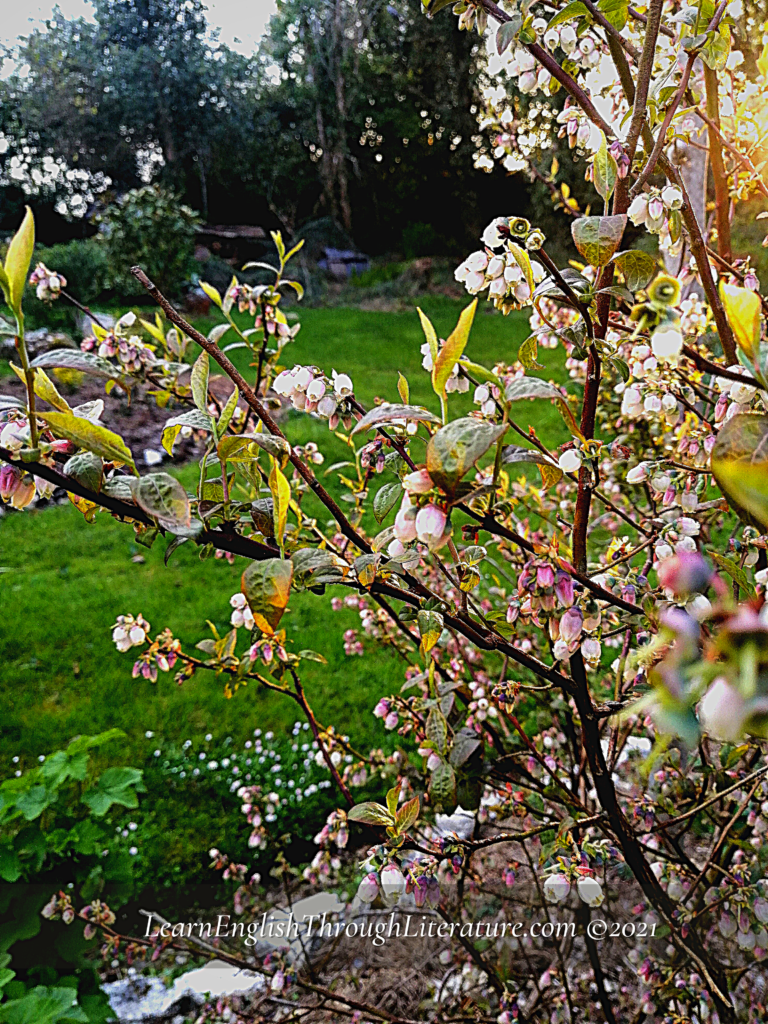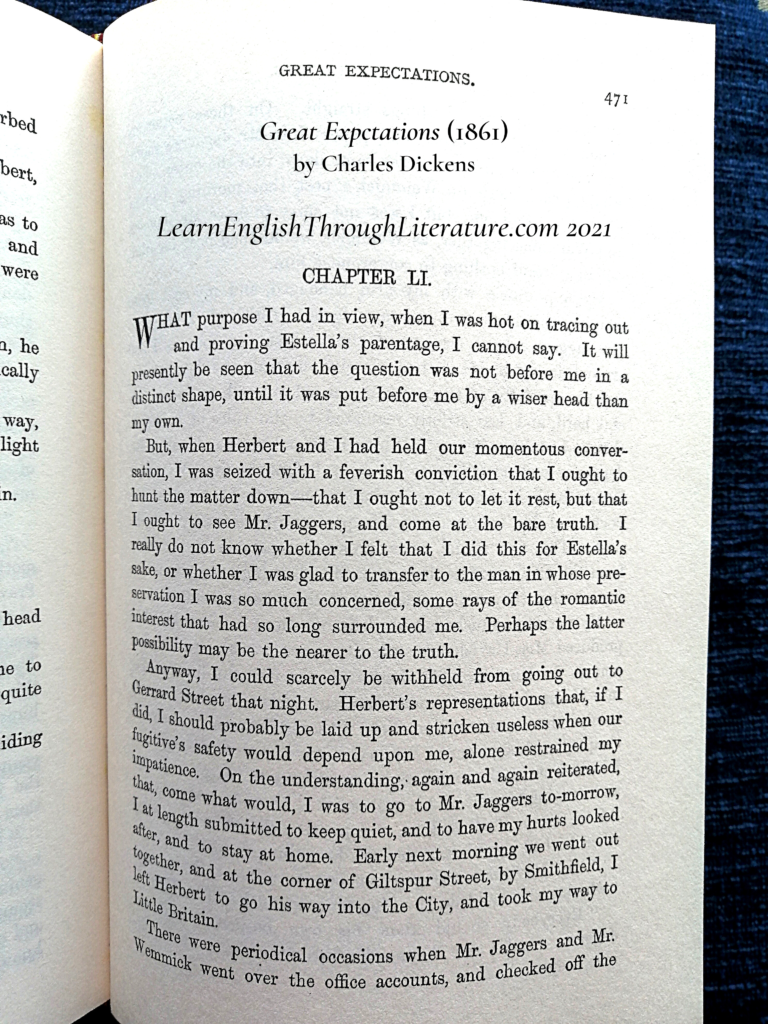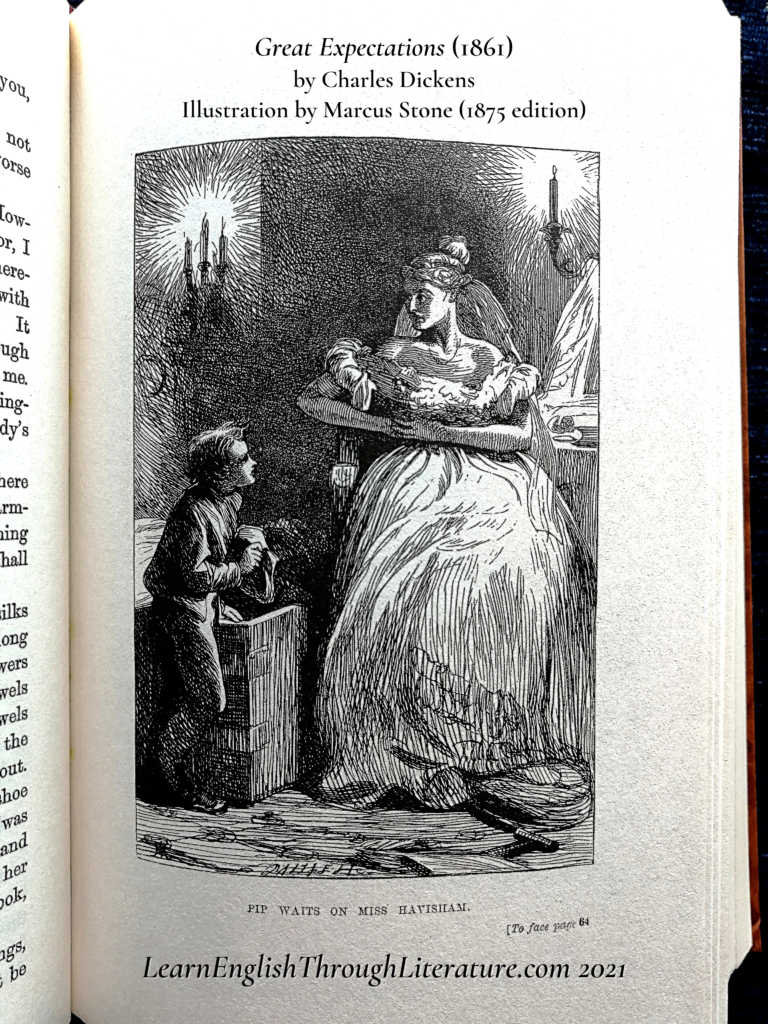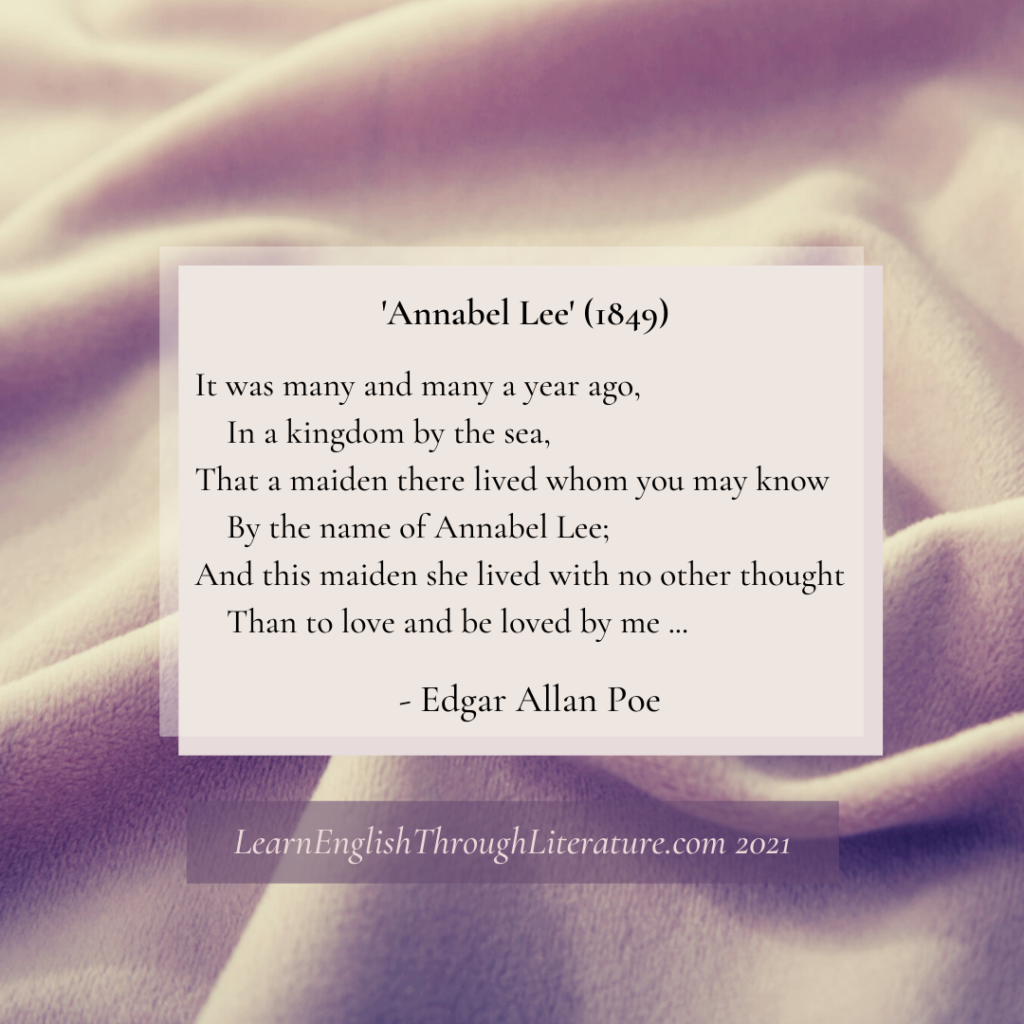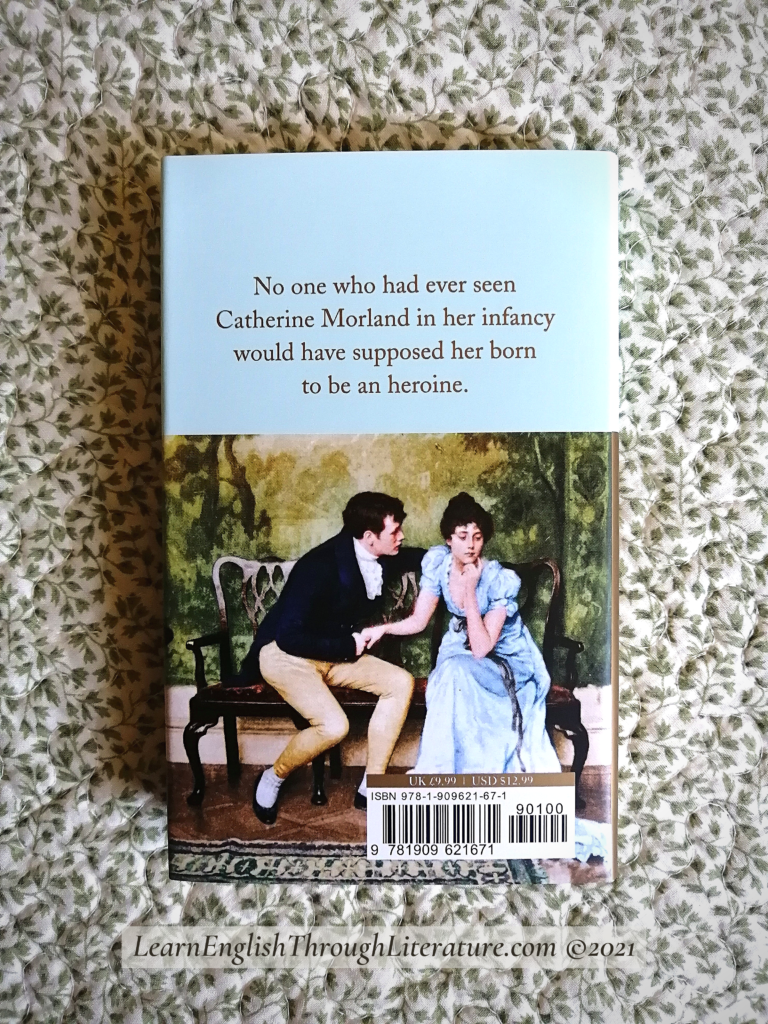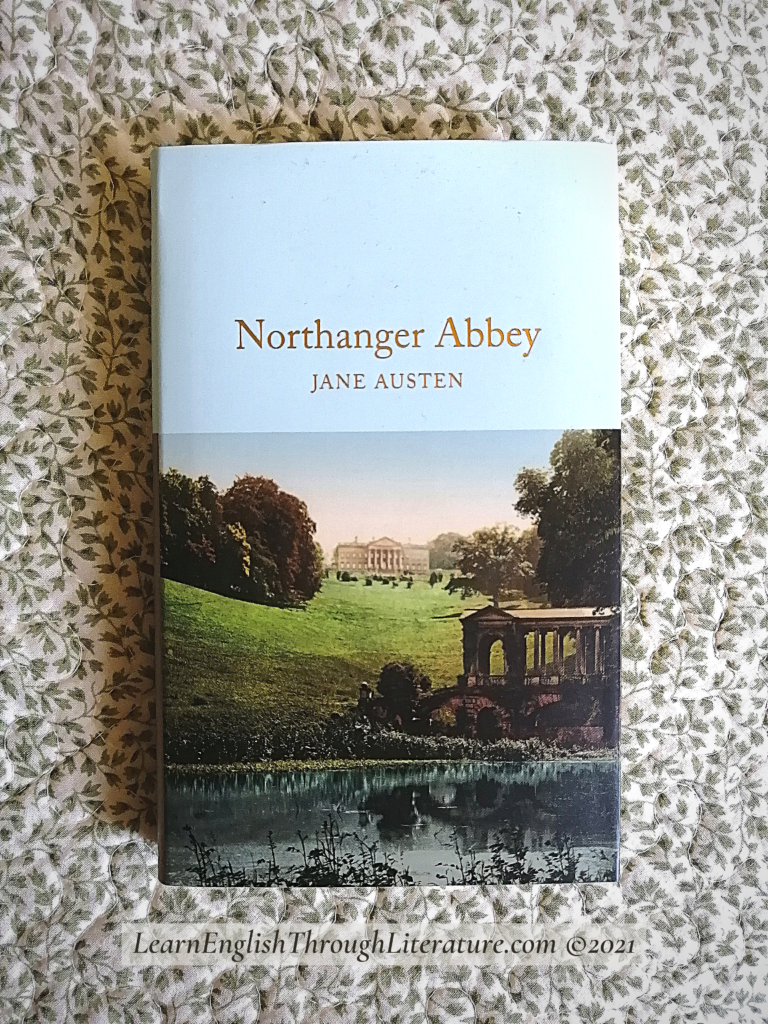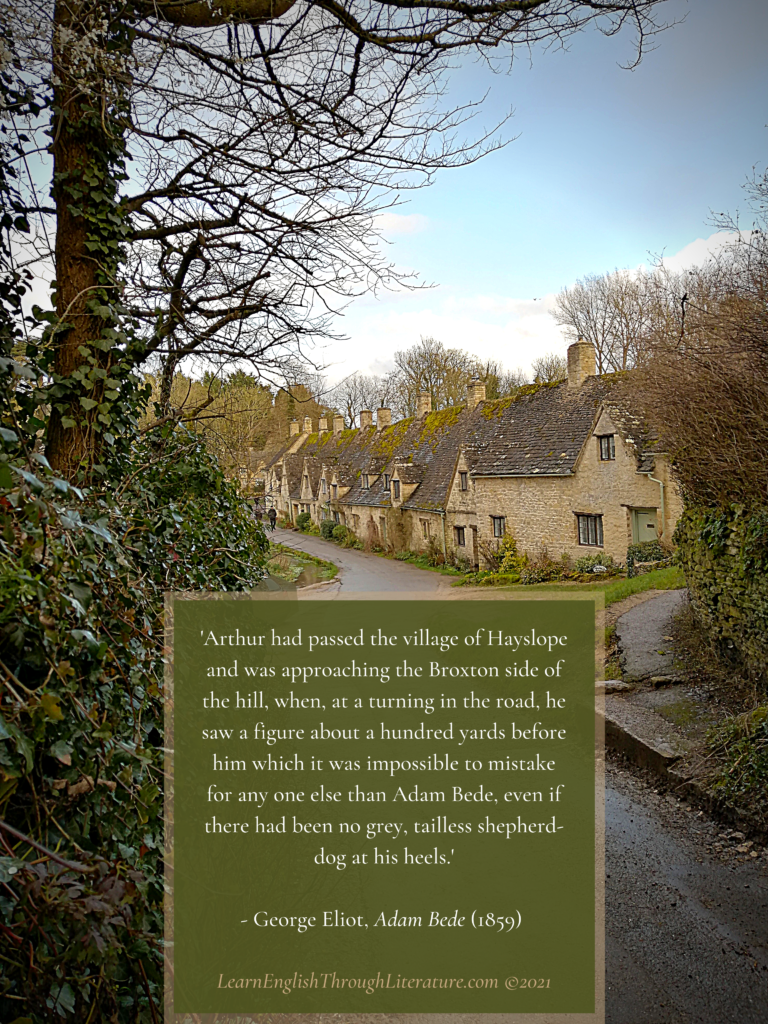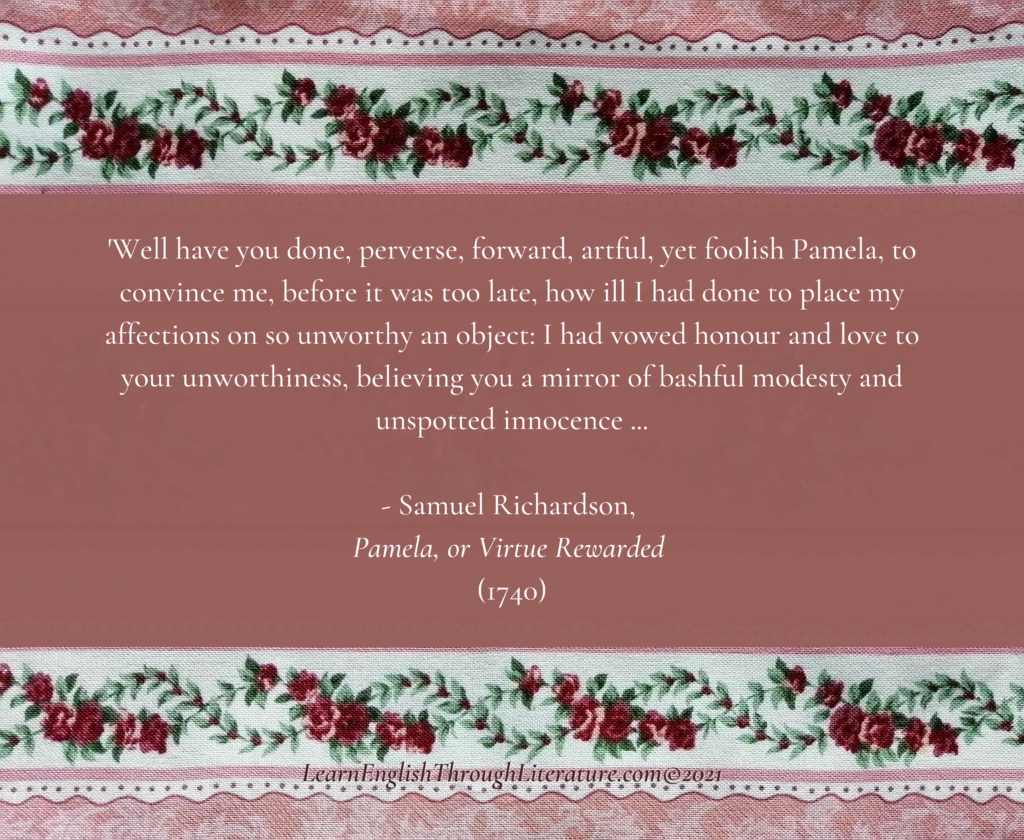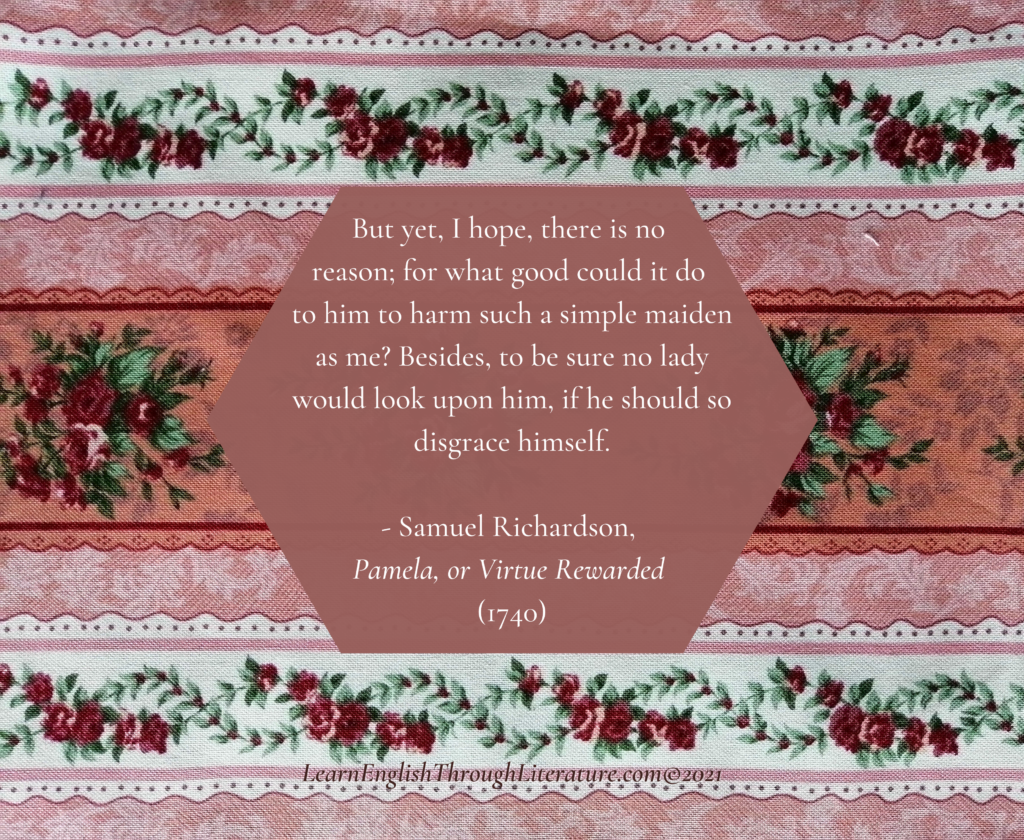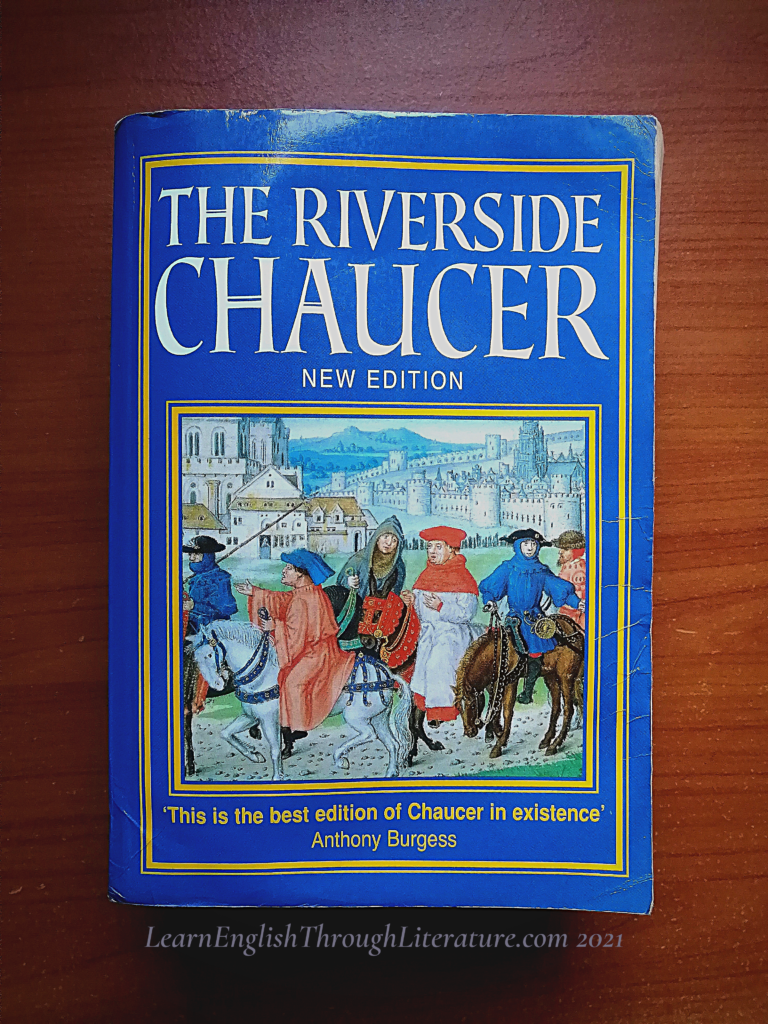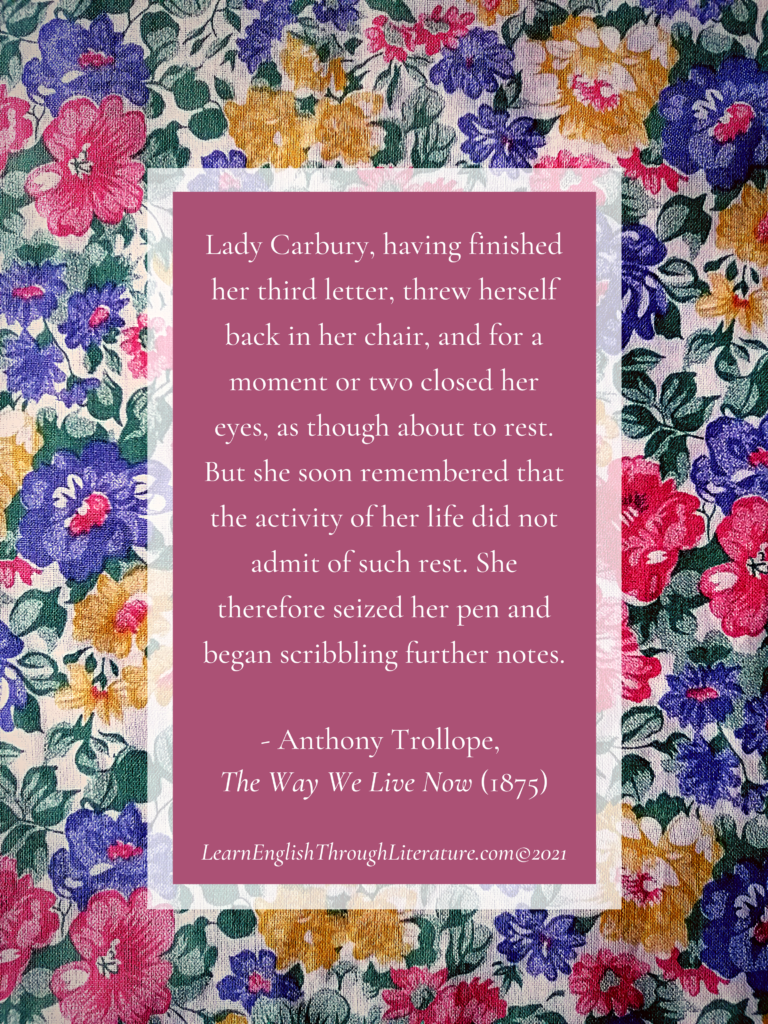Lesson #221: How and When To Use Paragraph Breaks in Writing
💮 Spring is such a beautiful season! A few evenings ago, as I was walking in the garden, I saw the sunlight touching these blueberry flowers and had to stop to appreciate the beauty of the moment. I took a photograph of them of course, but nothing compares with the experience of seeing flowers like […]
Lesson #221: How and When To Use Paragraph Breaks in Writing Read More »

